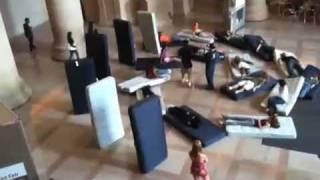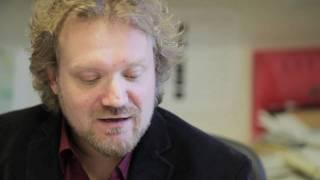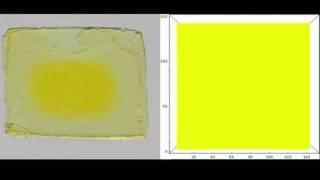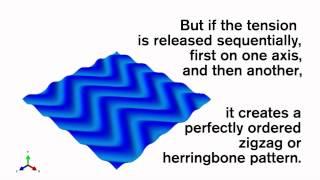Time Travel, Teleportation & Science
Time travel is the concept of moving between different points in time in a manner analogous to moving between different points in space, generally using a theoretical invention, namely a time machine. It has a commonly recognized place in philosophy and fiction, but has a very limited application in real world physics, such as in quantum mechanics or wormholes.
Although the 1895 novel The Time Machine by H. G. Wells was instrumental in moving the concept of time travel to the forefront of the public imagination, The Clock That Went Backward by Edward Page Mitchell was published in 1881 and involves a clock that allowed three men to travel backwards in time.[1][2] Non-technological forms of time travel had appeared in a number of earlier stories such as Charles Dickens' A Christmas Carol. Historically, the concept dates back to the early mythologies of Hinduism (such as the Mahabharata), Buddhism, and Islam through ancient folk tales. More recently, with advancing technology and a greater scientific understanding of the universe, the plausibility of time travel has been explored in greater detail by science fiction writers, philosophers, and physicists.
Teleportation, or Teletransportation, is the theoretical transfer of matter or energy from one point to another without traversing the physical space between them. It has a commonly recognized place in science fiction literature, film, and television, but as yet has a very limited application in real world physics, such as quantum teleportation or the study of wormholes.
Science (from Latin scientia, meaning "knowledge") is a systematic enterprise that builds and organizes knowledge in the form of testable explanations and predictions about the universe. In an older and closely related meaning, "science" also refers to a body of knowledge itself, of the type that can be rationally explained and reliably applied. A practitioner of science is known as a scientist.
In modern usage, "science" most often refers to a way of pursuing knowledge, not only the knowledge itself. It is also often restricted to those branches of study that seek to explain the phenomena of the material universe.
Source : Wikipedia
-
04:48

Buzzed By a Weird Blue Asteroid
Added 449 Views / 0 LikesAsteroid 3200 Phaethon got closer than it will be until 2093, and the reflecting light has astronomers puzzled, and the relationship between black holes and magnetic fields is now a little more clear.Hosted by: Hank GreenFor special, curated artifacts of
-
03:37

Rock, Paper, Scissors
Added 467 Views / 0 LikesKyoto University Ph.D. candidate Jie Gao shares her research involving Chimpanzees and the schoolyard game “Rock, Paper, Scissors.”
-
05:57
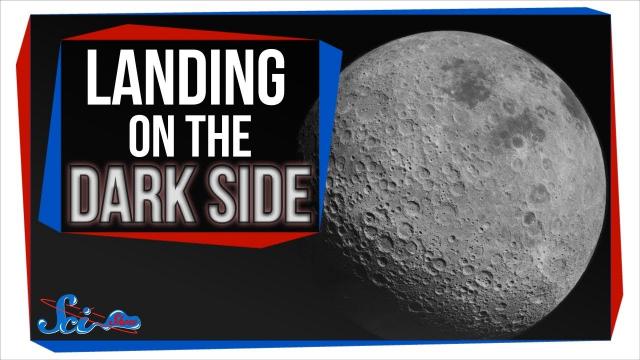
We Just Landed on the Far Side of the Moon for the First Time! | SciShow News
Added 513 Views / 0 LikesThe new year is off to a great start for space exploration! New Horizons has passed the farthest object ever visited by a spacecraft, and China put a lander on the dark side of the Moon!Hosted by: Hank GreenSciShow has a spinoff podcast! It's called SciSh
-
05:04
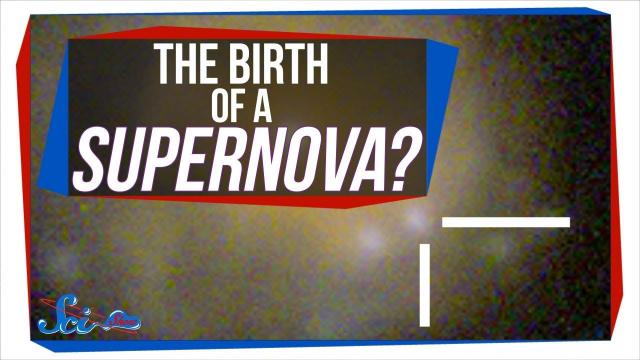
Our First Glimpse of a Newborn Supernova? | SciShow News
Added 415 Views / 0 LikesA super bright flash in the sky might be the birth of a supernova remnant and it turns out there's more than one way to build a binary star system.Host: Hank GreenSciShow has a spinoff podcast! It's called SciShow Tangents. Check it out at https://www.sci
-
02:14
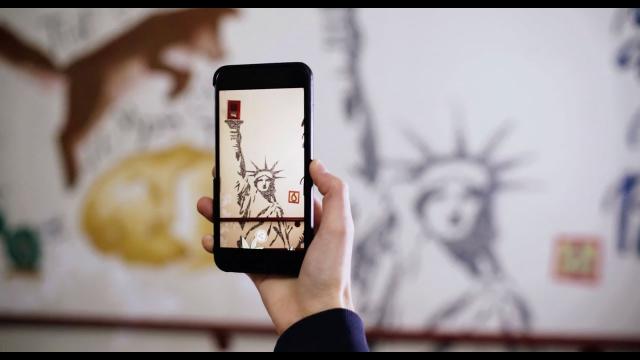
Borderline
Added 384 Views / 0 LikesAn MIT community activity dedicated to the intersections of art, design, and computation.Watch more videos from MIT: http://www.youtube.com/user/MITNewsOffice?sub_confirmation=1The Massachusetts Institute of Technology is an independent, coeducational, pr
-
05:24
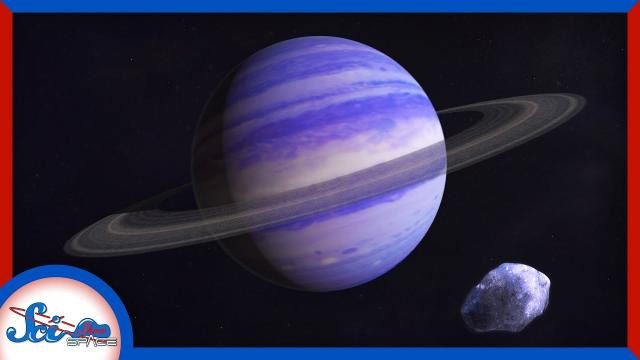
The Most Common Planet in the Universe?
Added 263 Views / 0 LikesThere’s one kind of planet we’ve found more often than any other in the universe so far: mini-Neptunes. Now, some scientists think they’ve figured out why there are just so many of them.Hosted by: Caitlin HofmeisterSciShow has a spinoff podcast! It's call
-
06:08
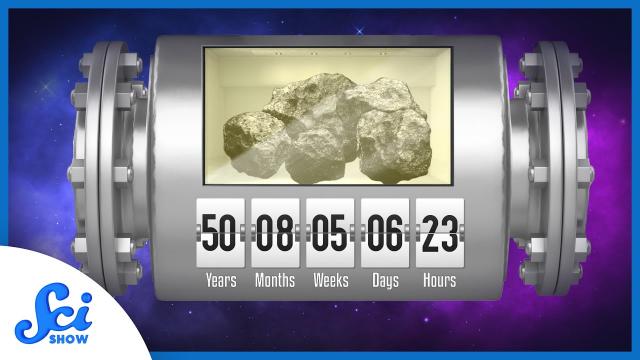
Why Did We Keep Sealed Moon Samples?
Added 221 Views / 0 LikesOur friends at MinuteEarth just released a new book! To check out “How Did Whales Get So Big?” head to: https://www.minuteearth.com/books/We’ve been sitting on samples of the lunar surface for decades and, with better technology than when they were taken,
-
52:43
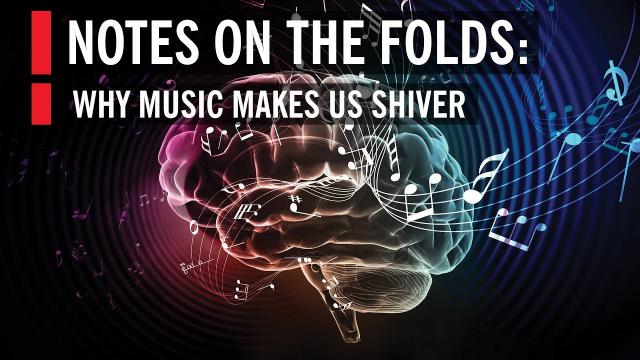
How Music Affects Your Brain: Notes on the Folds
Added 371 Views / 0 LikesScientists are now finally discovering what thinkers, musicians, or even any of us with a Spotify account and a set of headphones could have told you on instinct: music lights up multiple corners of the brain, strengthening our neural networks, firing up
-
02:26

Ada Lovelace: The first digital innovator in the 1800's
Added 635 Views / 0 LikesAda Lovelace: The first digital innovator in the 1800's
-
06:15
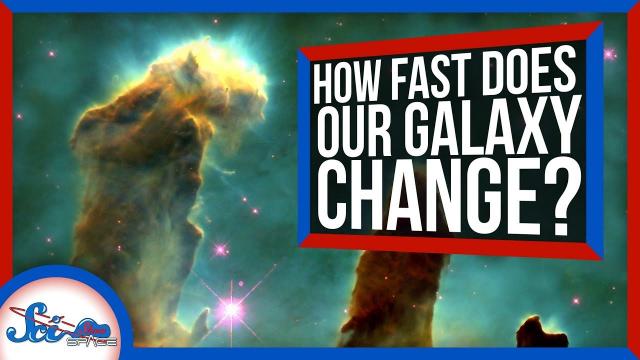
3 Ways the Milky Way Will Change During Your Lifetime
Added 442 Views / 0 LikesIt’s easy to imagine that our galaxy is basically frozen in time from the perspective of a human lifespan, but in fact, the Milky Way is incredibly dynamic and will undergo some pretty amazing changes in only a few decades!SciShow has a spinoff podcast! I
-
04:11

How to Shapeshift: Science Friction Ep 9
Added 975 Views / 0 LikesFind out how real science can enable us to alter our own genetic structure just as Mystique and Beast Boy do in the latest episode of Science Friction. Thumbnail image by Northern Belle Cosplay: Rogue Benjamin. Photographer Jonathan Pang and Body Paint Ar
-
06:11

This Hot Jupiter Is Leaking Metal! | SciShow News
Added 394 Views / 0 LikesAstronomers have found a Hot Jupiter - WASP-121b - that is leaking metal, and put together a new 3D map of the Milky Way showing that our galaxy is actually a bit twisted!Get the Curiosity pin here! https://store.dftba.com/collections/scishow/products/sci
-
05:41

SUPERCONDUCTING MAGNETIC LEVITATION
Added 405 Views / 0 LikesSupport Vsauce3 and become a patron: http://patreon.com/vsauce3Thanks to Snowdrama and Pauline Atchoum for their patronage! twitter: http://twitter.com/vsaucethreeinstagram: http://instagr.am/jakerawrfacebook: http://facebook.com/vsauce3More Maglev info:I
-
06:00

First Results from the Probe That Went to the Sun
Added 399 Views / 0 LikesScientists have revealed the results of the Parker Solar Probe’s first two flybys of the Sun, and LIGO has a new instrument called the quantum vacuum squeezer!Hosted by: Caitlin HofmeisterSciShow has a spinoff podcast! It's called SciShow Tangents. Check
-
01:31

Exploring Ikebana: Teaching the art of Japanese flower arranging
Added 451 Views / 0 LikesFor over 23 years, MIT-Japan Program has hosted a workshop on Ikebana, the art of Japanese flower arranging.Watch more videos from MIT: http://www.youtube.com/user/MITNewsOffice?sub_confirmation=1The Massachusetts Institute of Technology is an independent
-
19:03
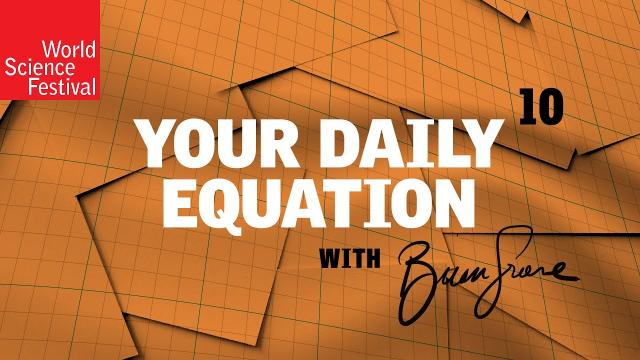
Your Daily Equation | Episode 10: Quantum Physics and Probability
Added 512 Views / 0 LikesEpisode 10 #YourDailyEquation: The revolutionary new idea of quantum mechanics is that reality evolves through a game of chance described by probabilities. In today's episode of Your Daily Equation, Brian explains the origin of this iconic quality and des

